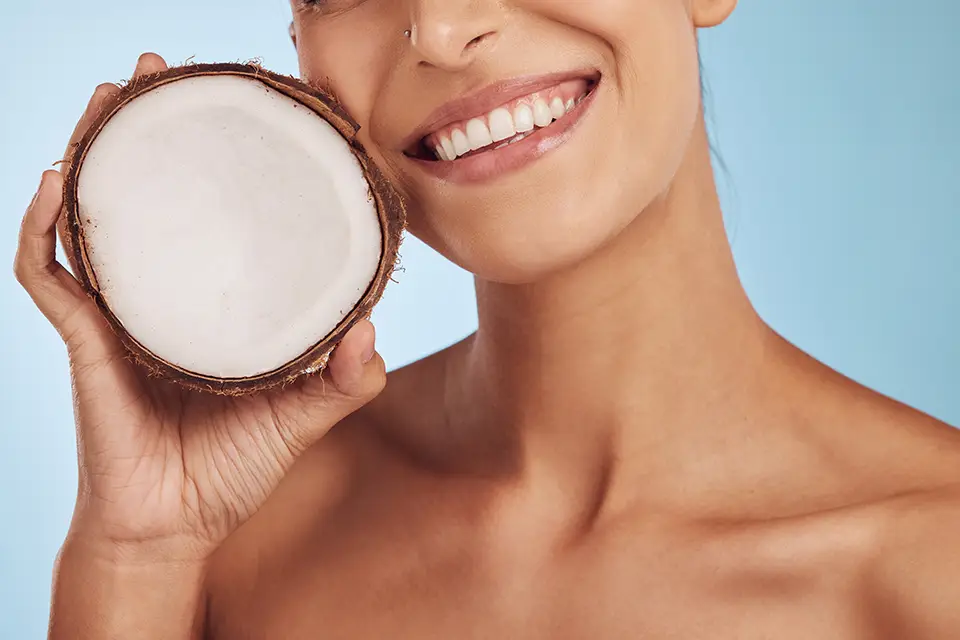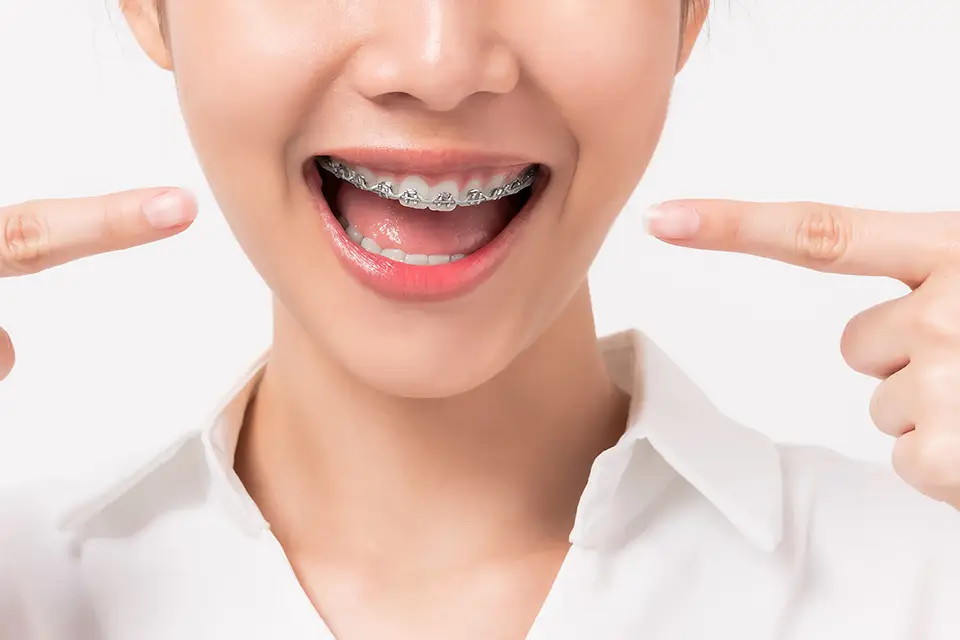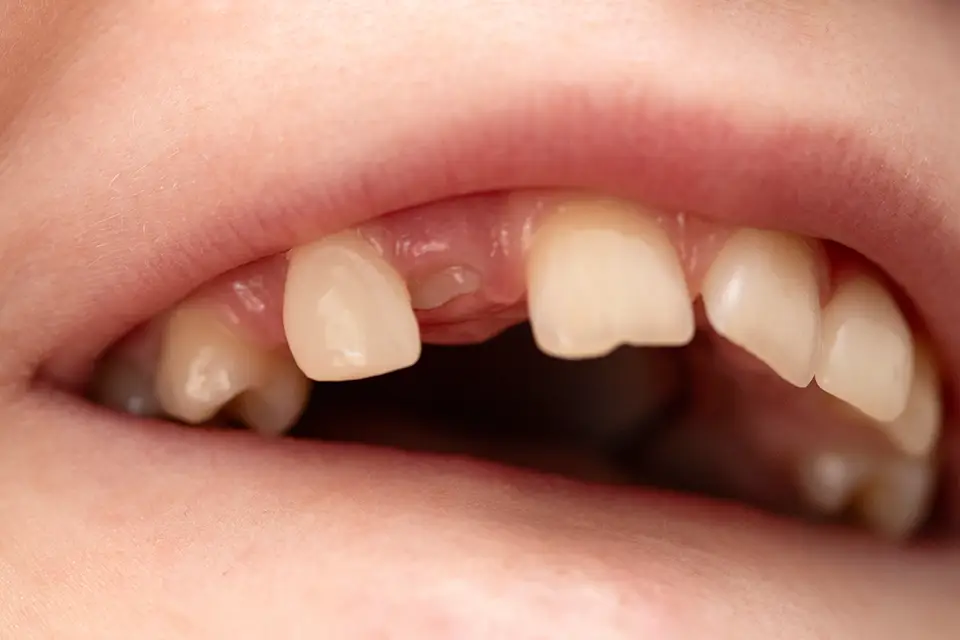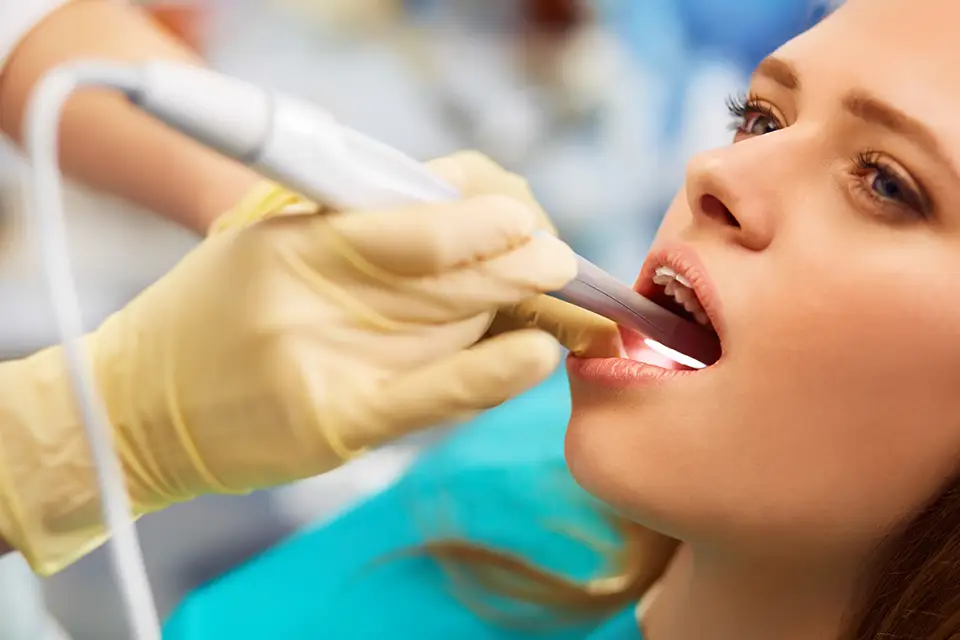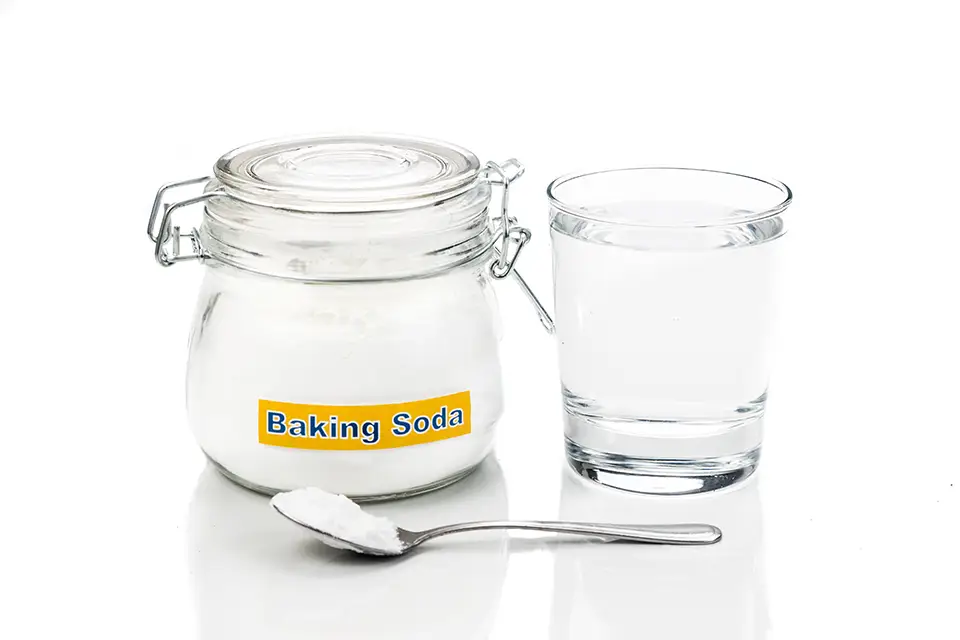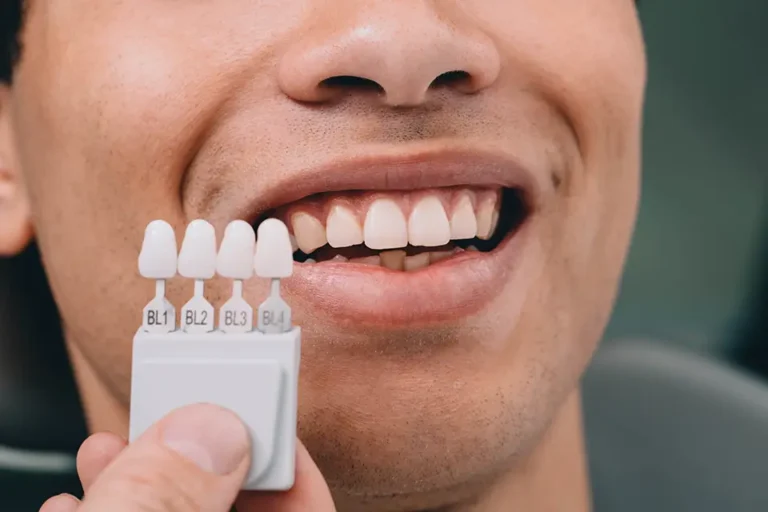Baking soda teeth whitening is a popular natural method for brightening teeth and removing surface stains. Sodium bicarbonate, also known as baking soda, has mild abrasive properties that can help remove discoloration from the surface of teeth, resulting in a whiter smile.
Using baking soda for teeth whitening has several advantages:
- Cost-effective: Baking soda is a less expensive alternative to professional whitening treatments.
- Natural Whitening Agent: This natural substance does not contain the added chemicals found in many commercial whitening products.
- Plaque Removal: Baking soda’s abrasive texture can help remove plaque and improve dental hygiene.
Baking soda physically removes surface stains on teeth caused by food, drinks, and smoking. Its alkaline nature also helps to neutralize acids in the mouth, creating an environment that inhibits the growth of bacteria, which can further discolor teeth.
Baking soda is effective for surface-level whitening but may not be suitable for everyone.
- Suitability: Ideal for those looking for a natural, low-cost whitening option.
- Limitations: It may be ineffective for deep stains or discoloration caused by certain medications or dental conditions. In addition, excessive use can erode enamel over time.
What Are the Best Methods for Baking Soda Teeth Whitening?
What Steps Are Involved in DIY Baking Soda Teeth Whitening Methods?
- Mixing the Paste: Combine one teaspoon of baking soda with two teaspoons of water to create a paste.
- Brushing: Apply the paste to your toothbrush and gently brush your teeth for two minutes.
- Rinsing: Rinse your mouth thoroughly with water to remove any remaining baking soda residue.
How Frequently Should One Brush with a Baking Soda Paste for Effective Teeth Whitening?
For best results, brush your teeth with baking soda paste two to three times weekly. Overuse can cause enamel erosion, so moderation is essential.
What Happens If You Mix Baking Soda with Lemon?
Because lemons are acidic, combining baking soda and lemon juice can produce a more powerful whitening paste. However, this combination can be harsh on enamel, increasing sensitivity and potentially damaging it.
What Is the Recommended Ratio for Combining Baking Soda and Hydrogen Peroxide for Teeth Whitening?
A standard ratio is one part baking soda to two parts hydrogen peroxide. This mixture forms a paste that can be used to brush teeth and provides a stronger whitening effect. However, you should use it sparingly to prevent gum irritation and enamel damage.
How Does a Professional Baking Soda Teeth Whitening Treatment Differ from At-home Methods?
Professional treatments frequently use baking soda and other whitening agents under controlled conditions. Furthermore, dentists ensure the application is safe, lowering the risks associated with at-home treatments like enamel erosion and gum irritation. Moreover, the results are usually more consistent, and you can achieve them faster.
Effectiveness and Safety of Baking Soda Teeth Whitening
Clinical studies have found that baking soda effectively removes surface stains and whitens teeth. However, it is generally less effective than professional whitening treatments.
Enamel erosion, increased tooth sensitivity, and gum irritation are all possible side effects, mainly if used excessively. In addition, these risks make it critical to limit use and adhere to recommended guidelines.
Long-term use of baking soda for teeth whitening can cause enamel thinning, increasing the risk of cavities and tooth sensitivity. Moreover, it is critical to use this method sparingly and with the supervision of a dentist.
What Are the Advantages of Baking Soda Teeth Whitening?
- Cost-effective
- Readily available
- Natural and chemical-free
What Are the Disadvantages and Risks of Baking Soda Teeth Whitening?
- Can cause enamel erosion with excessive use
- Not practical for deep stains
- May lead to increased sensitivity
Is Baking Soda Safe for Teeth Long Term?
While baking soda is safe for occasional use, long-term or excessive use can cause enamel erosion, jeopardizing dental health. Additionally, it is critical to use baking soda sparingly and consider alternative whitening methods for regular use.
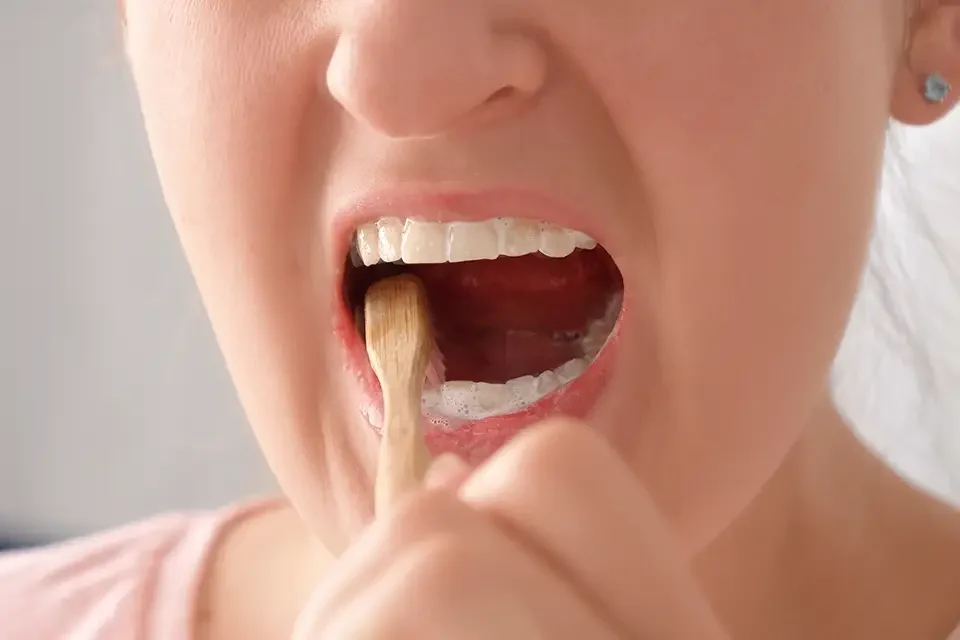
What Are the Alternatives to Baking Soda Teeth Whitening
Coconut Oil Pulling
Coconut oil pulling is a technique that involves swishing oil in the mouth to remove bacteria naturally and whiten teeth. Moreover, it’s gentle on enamel and an excellent alternative to baking soda.
Activated Charcoal Teeth Whitening
Another natural option for teeth whitening is activated charcoal, which absorbs surface stains. However, like baking soda, it should be used cautiously to prevent enamel wear.
Turmeric Teeth Whitening
Despite its yellow color, turmeric can be used to whiten teeth. It’s a natural and also less abrasive alternative to baking soda.
Over-the-Counter Teeth Whitening Products
Several over-the-counter whitening products, such as strips and gels, are convenient alternatives to baking soda and often provide faster results.
Professional Teeth Whitening Treatments
Professional teeth whitening by a dentist is recommended for the most effective and safest results. They offer controlled and customized whitening while minimizing risks.
Other Natural Teeth Whitening Methods
Other options include apple cider vinegar or strawberry paste, which you should use cautiously due to their acidic nature.
Frequently Asked Questions About Baking Soda Teeth Whitening
How long does it typically take to see baking soda teeth whitening results?
Results can vary, but most people notice a difference after a few weeks of regular use.
Is baking soda safe for teeth whitening, and are there any potential risks?
Baking soda is generally safe for occasional use, but overuse can cause risks such as enamel erosion and increased sensitivity.
How often should I brush with a baking soda paste for teeth whitening?
Limiting brushing with baking soda paste to two or three times a week is best to prevent enamel damage.
Are the results different between professional baking soda teeth whitening and at-home methods?
Yes, professional treatments tend to be more effective, quicker, and safer than at-home methods due to the controlled environment and expertise of a dentist.
Discover the most effective and safe teeth whitening solutions at Zara Dental in Houston, Texas! Whether you prefer natural methods like baking soda or want to explore professional teeth whitening treatments, our experienced team is here to help you achieve a radiant smile. Furthermore, contact us today to schedule your consultation and start your journey to a brighter, healthier smile!


